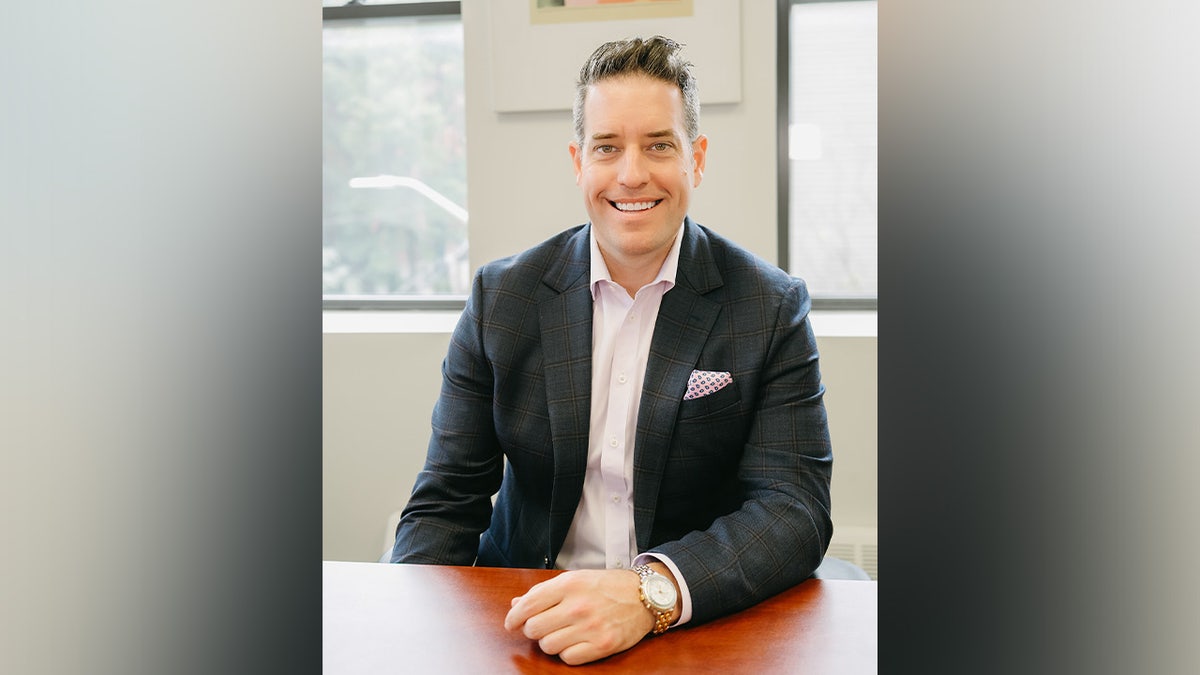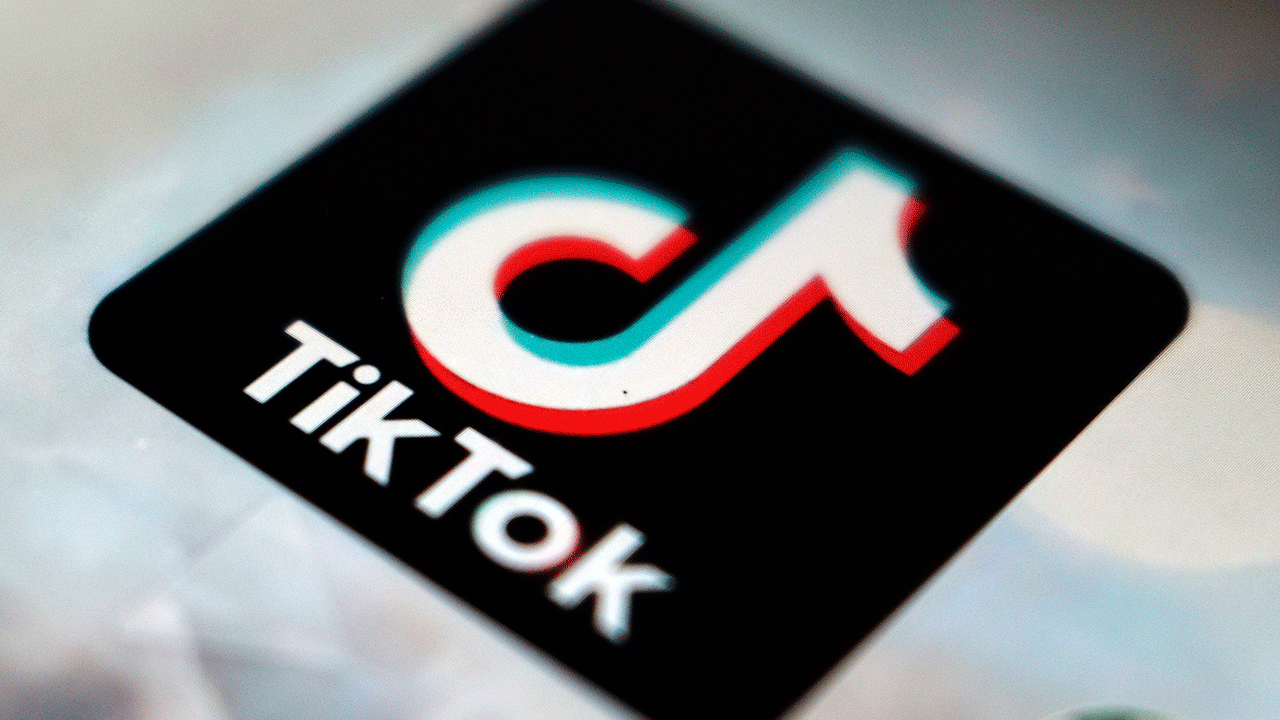Employment law attorney Craig Levey speaks about taking his knowledge to TikTok and helping workers
Craig Levey spoke to Fox News Digital about taking his knowledge as an employment law attorney to TikTok and how professionals are utilizing the platform.
As a new era of virality ushers its way into every aspect of everyday life, white-collar experts have found a way to trade industry secrets for views.
Creators with impressive credentials have flooded online platforms, allowing users to hear from working professionals in a way that has never been done before - opening up a new realm of possibilities regarding information accessibility and insider information.
Enter Craig Levey - an employment law attorney and partner at Bennett & Belfort, based in Boston, Massachusetts. Levey has 12 years of experience representing and counseling individuals in workplace matters, including cases involving alleged discrimination or retaliation. With a degree from New England Law and an impressive array of credentials, including serving as an active member of the Massachusetts Bar Association and MBA’s Labor and Employment Section Council, Levey has turned to a new platform to showcase his legal knowledge: TikTok.

Craig Levey smiles in an undated photograph. Levey is an established employment law attorney and TikTok creator, where he shares employment advice videos. (Rachel Lehman)
"I didn't start my account until December of 2021," Levey said. "I'm coming up on two years. Of course I knew about it beforehand, but it was December 2021 when I did my first post."
Levey, who appears under the handle @craigleveyesq - or "The Employment Lawyer" - boasts an impressive follower-count of over 200,000 on the platform, with his videos amassing up to 3 million views.
Leveraging his legal expertise and social media savvy, Levey posts near-daily videos that offer advice on topics ranging from how an employee should react if placed on a performance improvement plan to typical approaches by human resources regarding terminations.
"I always had a goal," Levey told Fox News Digital. "I speak to people on a daily basis who have workplace issues. So, over the last 12 years, you start to see these patterns. You see how HR deals with people, how companies react when people go on medical leave or pregnancy leave or things like that. So over 12 years, I'm saying to myself, ‘all right, this is not a coincidence.’"
Levey aims to educate people who may not be actively seeking out an attorney regarding workplace advice. Throughout his career, he has worked to hold companies accountable and has often noticed that sometimes employees may not realize the warning signs that indicate it's time to contact an attorney.
"It's really about me raising some awareness and I hope to try to, you know, even the playing field a little bit," he said.
Levey follows a recognizable pattern when posting his videos. He opens with a one-sentence lead, introduces himself and gets straight to the point. Levey believes that this fast-paced approach has aided in his rise to internet stardom and has encouraged a sense of credibility within his videos.
"If I get too substantive on a legal issue, then the average non-attorney is not going to really understand it," Levey said. "I try to hit just the basics - ‘here's some value for you to understand, here's a tip’ - and then I move on."
As TikTok sinks its teeth into mainstream culture and becomes a platform that working professionals cannot ignore, Levey’s success suggests that there is an appetite for expert advice on a site that rose to fame with dancing videos and makeup tutorials. The hashtag #corporatetok has 992 million views on TikTok, showcasing a micro-trend that is targeting the working class of content consumers.

As TikTok sinks its teeth into mainstream culture and becomes a platform that working professionals cannot ignore, Levey’s success suggests that there is an appetite for expert advice on a site that rose to fame with dancing videos and makeup tutorials. (AP Photo/Kiichiro Sato, File)
NEW HAMPSHIRE'S RECOVERY-FRIENDLY WORKPLACE PROGRAM EXPANDS TO NATIONWIDE INSTITUTE
In November 2023, nearly 46% of TikTok users were made up of individuals between the ages of 20 to 39, according to data from Wallaroo Media. In contrast, Millennials and Gen Z’ers account for approximately 45% of the United States’ labor force, according to a report from Johns Hopkins University.
Data suggests that nearly half of TikTok’s viewers also encompass half of workers in the United States, leaving young adults hungry for more substantive content as they move forward in their careers. Google’s own data shows that 40% of Gen Z is utilizing TikTok as a search engine, according to a report from NiemanLab, suggesting that creators like Levey will become the faces that young professionals turn to for information.
Levey’s free and easy-to-digest employment law advice is welcomed with open arms on the platform, as more HR managers and career coaches flood the app with tips, tricks and secrets for handling employers and being successful in the workplace. The rise of white-collar advice also opens the door for workers to have an edge when approaching their bosses, as a near-constant stream of content could change how employees interact with their managers. Advice on how to ask for a raise or tackling return-to-office mandates are popular among viewers, providing employees with a foolproof template written by industry professionals.
"I think we're going to start to see more and more professionals on TikTok, and they should certainly be specializing," he added.
But even Levey’s audience demographics show a hunger across all age groups for fresh, straight-from-the-source intel.
"When I look at [my] data analytics, the vast majority of my viewers are in their 30s and 40s - some in their 20s and some older," Levey told Fox News Digital. "What's been interesting for me is when people have contacted me for legal assistance, it hasn't just been people in their 20s, 30s and 40s."
Levey often receives inquiries from seasoned working professionals who find him on TikTok.
"I'm getting people in their 50s and 60s who want legal advice," said Levey. "I think a lot of people don't realize that people in their 50s and 60s are actively using TikTok - it's not just a Gen Z thing."

Levey plans to continue building his online presence by lending a legal hand to his viewers and providing information that, before TikTok, was only accessible by seeking out an attorney.
CLICK HERE TO GET THE FOX NEWS APP
Levey plans to continue building his online presence by lending a legal hand to his viewers and providing information that, before TikTok, was only accessible by seeking out an attorney. He hopes that other working professionals will do the same.
"People are realizing that TikTok is becoming more mainstream," said Levey. "You're seeing more professionals from various industries on TikTok. I think back in 2021 and even in 2022, there was a fear for a lot of professionals that it was taboo to be on TikTok. Now that it's becoming mainstream, you're seeing more people."


